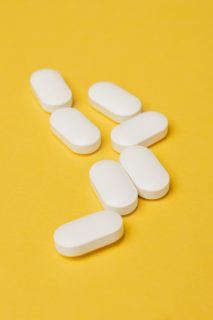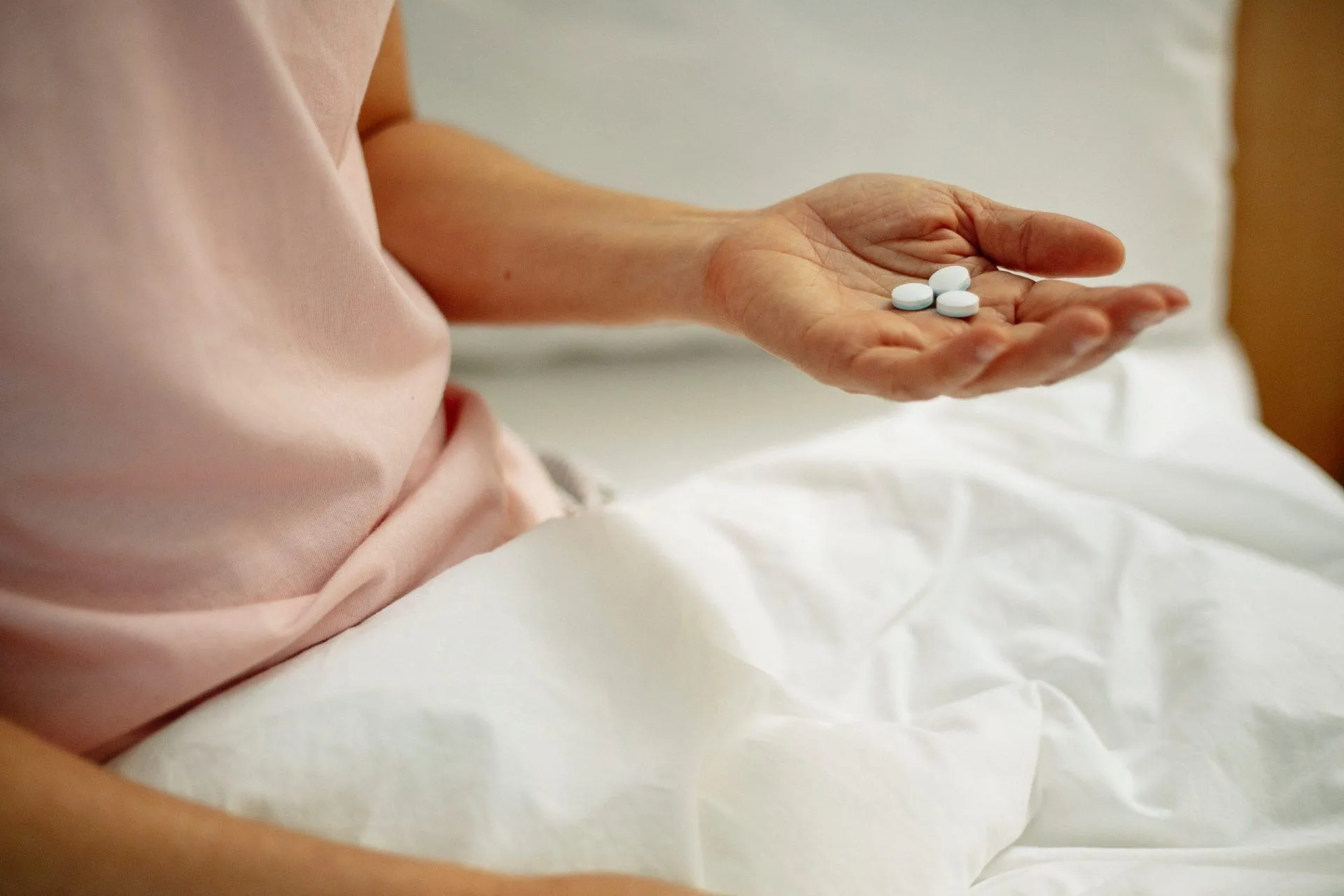Whenever someone is battling with opioid addiction or witnessing someone do the same, there is so much more to it. First off, it is not the end of the world, and you can easily come out of this deadly ailment! If you have the right determination and tackle the right help, you will be able to get rid of this life wrapped in addiction Longevity Live Paid Partner.
If you want to know more about opioid addiction and what is the certain treatment process for it, then here is all you need to know. In this excerpt below, we will be discussing the different stages of opioid addiction and how one approaches recovery. Now, what is opioid addiction? How does one get a hold of opioid addiction?
After all, these are medicines prescribed for very serious diseases, so it is kind of certain that getting hold of opioids might be a big deal.
- First, teens are more curious and experimental. Plus, they get all the wrong information from all the wrong places.
- Second, if there is someone in the house who is prescribed these drugs, it is either them who might get addicted, or it could be someone else who got hold of these drugs.
- Third, many people in old age also get addicted to opioids in their prescribed drugs.
Whether it is opioid addiction or alcohol addiction treatment, with credible help, recovery is very much possible.
What Is Opioid Addiction?

Photo by Karolina Grabowska from Pexels
Opioids are a drug often found in many painkillers. These opioids are known for protecting the patient from certain pain stimulators. Basically, they numb them, and mentally the effect could be a little hallucinogenic, giving the patient a feeling of euphoria. There are scenario places in which opioids are prescribed.
- Opioids are prescribed after a painful surgery.
- They can also be prescribed when you have a toothache or getting your teeth extracted; you will be prescribed opioids.
- Many elderly people are given opioids due to joint pain.
The difference is they are prescribed in very limited, low doses. So, when it comes to addiction, you will either see.
- People refill the prescription a little too frequently.
- They are using different drug stores to fill prescriptions.
- They refuse to go to the doctors, even after serious ailments.
- The pill bottle is always empty.
These are some of the common signs to detect opioid addiction. If you are suspicious about someone suffering from this addiction, then finding these signs is the queue to either talk to them or get some external help.
What Is The Method Of Treatment For Opioid Addiction
These are some of the common signs which can help you understand the different treatments that a person will go through when it comes to opioid addiction.
Note: These are only applicable for the people who are getting inpatient treatment and not detox.
1. Medical Detox

Photo by SHVETS production from Pexels
Digital detox is necessarily the first thing that comes when someone is going through an opioid treatment. This is because the opioid itself is causing a lot of pain and ailments in the body. Thus, in order to start the treatment properly, they first clean the system thoroughly. The doctors also check the body to detect any other diseases along with the addiction problem.
This step is extremely important in order to prescribe medicine for the withdrawal and provide the patient with an exclusive treatment according to their body and level of addiction.
2. Cognitive Behavioral Therapy
Now that we have the body out of the way and taken care of, your mind comes right after. This is one of the reasons why a patient should never just go for detoxification and go for inpatient rehabilitation.
Cognitive-behavioral therapy is when this patient learns about their triggers and what to avoid, while the therapist learns more about the history of addiction. This self-reflection is helpful to understand the adversities of addiction!
3. Dialectical Behavioral Therapy

Photo by Priscilla Du Preez on Unsplash
When a person goes through addiction, there are a lot of negative thoughts in their head. What DBT is going to do is take all these negative thoughts and help to see the positivity in life after recovery. This therapy session is to keep the person motivated on the path of recovery.
4. Self-Help Groups
Self-help groups are a little different from your regular therapy; this is because we are seeing people who belong. For a patient, this is the genuine group who will be able to empathize with their pain and struggle. The group is either consistent with recovering patients or former patients talking about their struggles and success against addiction.
5. Withdrawal Management

Photo by Timur Weber from Pexels
Withdrawal management is very important when it comes to opioid addiction. Some common withdrawal symptoms are.
- Nauseous
- Extreme abdominal pain
- Diarrhea or Constipation
- Seizures, etc
The patient will need constant supervision and medical help to get through this stage of withdrawal.
6. Contingency Management
Contingency management is a form of reward system for every patient.
For example, if they complete thirty days of sobriety, they can meet their family member. Thus, this becomes one of the best ways in which one could stay motivated and move towards full recovery.
7. Family Therapy
Family therapy is very critical while the person has already recovered or is towards the last stage.
This is because they will be returning home, and things can get difficult if there is an unresolved conflict. These can increase the chance of relapses. So, families can help the patient and their family members to address these unresolved issues.
8. Holistic Recovery
So, we have covered body and mind! What about the soul? Plus, how can the patient avoid any kind of relapse?
All these can be achieved with the help of holistic therapy. This is where the patient learns holistic wellness and recovery with the help of activities like yoga and journaling, etc.
Treatment Worth Everything!
The treatment is everything, and we are fortunate to have professionals who can make this recovery possible. Thus, if you are within the clutches of opioid addiction, worry not and just call for recovery today!
Who Is The Author?
 Mashum Mollah is a freelance medical and health writer, and blogger with 9 years of experience. He writes about a wide range of topics from fitness tips, wellness, general health issues, body care, health product reviews, etc. He contributes lots of blogs like Medium, Mapping, Picasso among others.
Mashum Mollah is a freelance medical and health writer, and blogger with 9 years of experience. He writes about a wide range of topics from fitness tips, wellness, general health issues, body care, health product reviews, etc. He contributes lots of blogs like Medium, Mapping, Picasso among others.





![women [longevity live]](https://longevitylive.com/wp-content/uploads/2020/01/photo-of-women-walking-down-the-street-1116984-100x100.jpg)









